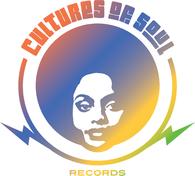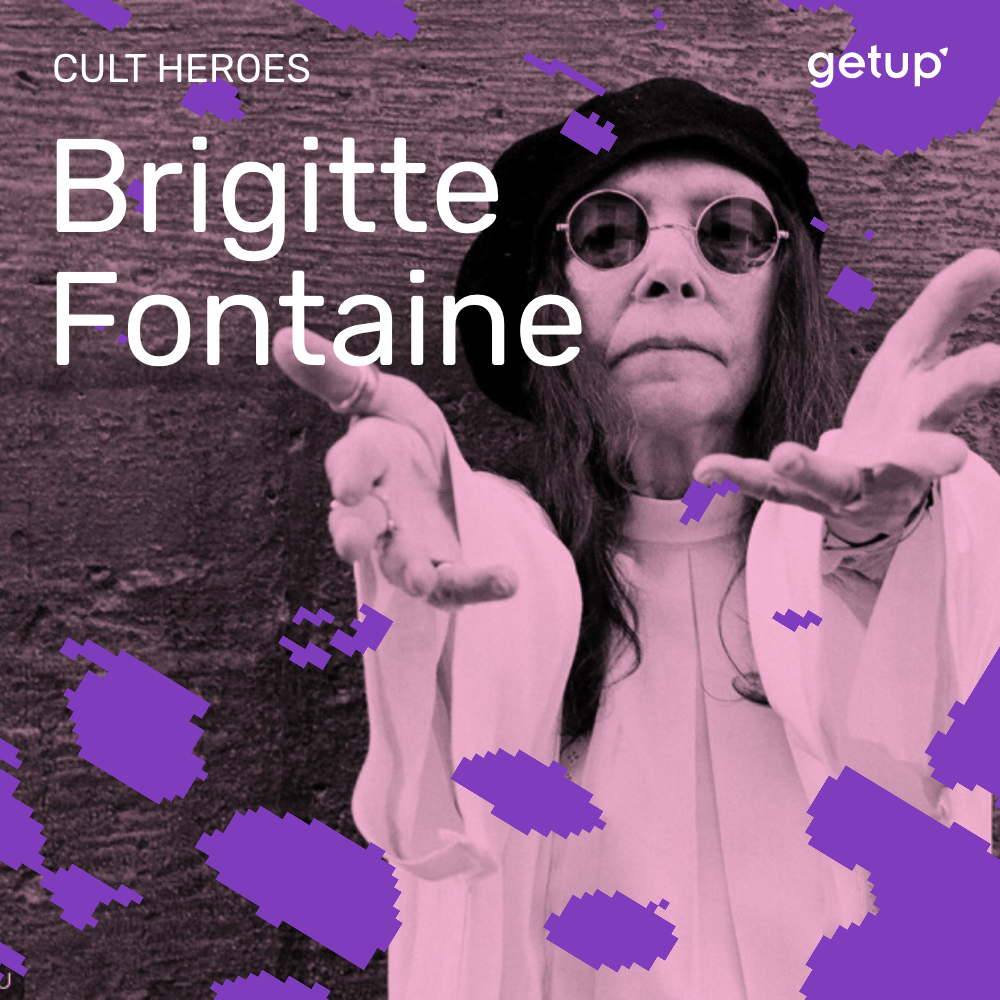In early 2019, a once-forgotten DIY disco obscurity began tallying up millions of plays on Youtube. The album Disco Jazz by Indian vocalist Rupa, which features the viral hit "Aaj Shanibar", only made a handful of sales upon its release in 1982. It had appeared too late for the West, where commercialisation had long since led to oversaturation and an ultimate decline in disco’s popularity. Back home in India, with the country in the grip of full-blown disco fever, Rupa’s music struggled to compete on record shelves stacked with Western bootlegs and homegrown mega hits. The bright lights and flamboyant crowds of the disco were fertile ground for India’s booming film industry; and with their own answer to Saturday Night Fever, and even their own John Travolta, Bollywood’s affinity for disco music would mean the genre’s fires kept burning long after the lights went out in the West.
The presence of disco had already been felt across the country before Bollywood brought it into the mainstream. The hits from America were popular, as were the releases of a burgeoning local disco scene. Hindi singer Usha Uthup covered a number of Western hits for the Indian market, including Michael Jackson’s "Don’t Stop Til You Get Enough", Gloria Gaynor’s "I Will Survive" and Donna Summer’s "Hot Stuff". Indian-born music producer Biddu Appaiah found huge success in the US with his work on Carl Douglas’ "Kung Fu Fighting", before returning to India to release "Disco Deewane". An instant hit, the record charted in over 14 countries worldwide and became Asia’s biggest selling track at the time. Another successful export, Asha Puthli, the celebrated disco vocalist behind such tracks as "Space Talk" and "Right Down Here", was born and raised in Mumbai, but would become a Studio 54 regular and friend of Andy Worhal after a move to New York.
Disco music began appearing in Bollywood films throughout the late 70s, just as its popularity in the West was waning. Bollywood produced films that appealed to the zeitgeist, and as with rock & roll and rhumba before it, disco had become the latest trend. At the age of 26, Bappi Lauri created the score Gunmaster G-9 : Surakksha, which is one of the first examples of disco motifs in a Bollywood soundtrack. His music for the film Kasam Paida Karnewala Ki took inspiration from Michael Jackson’s "Thriller" on its title track, with the film’s song also "Jeena Bhi Kya Koi Jeena Hai" referencing Jackson’s "Billie Jean". Released a few years later in 1987, on the soundtrack for suitability titled Dance Dance, his track "Zooby Zooby" could easily be a long-long ABBA b-side.
An extremely prominent singer, and actually recognised by the Guiness Book of Records as the most recorded artist in history, Asha Bostle features in a great many tracks from Bollywood’s disco era. Married to the producer R. D. Burman, who wrote many of her songs, the pair put their own distinct spin on the disco genre, with Burman’s considered productions and Bhosle’s wide singing range. R. D. Burman had been part of the Bollywood scene for some time, often making psychedelia influenced soundtracks. As Bappi Lauri’s disco influence krept into the industry, Burman began applying disco motifs, such as the Giorgio Moroder-esque arpeggiated synth on "Pyaar Karne Wale".
As with Saturday Night Fever in the US, Bollywood’s affinity for disco reached its peak with the 1982 film Disco Dancer. Produced by the ‘disco king’ Bappi Lauri, it’s starring actor became India’s answer to John Travolta in Night Fever. The story revolves around a petty criminal who is saved from his sins by disco music, his corrupt morals falling away with each choreographed dance scene. The film’s soundtrack is a brilliant hybrid of disco cliches and Bollywood instrumentation. Ignoring the fact that the film is widely touted as one of the worst ever made, Disco Dancer shows Bollywood at its musical prime, subverting popular trends to produce something unique.
.jpg)

.jpg)
.jpg)
.jpg)
.jpg)
